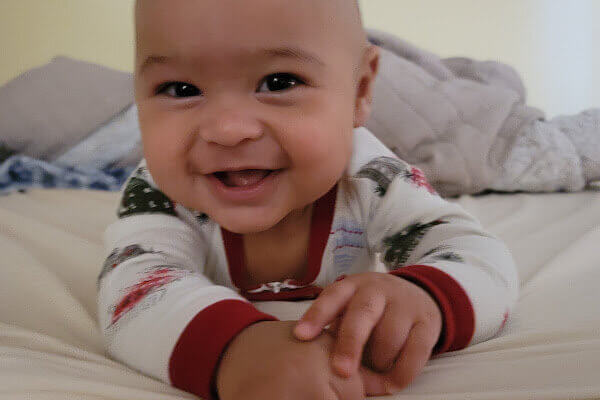Oral hygiene can be easy to brush off when you’re dealing with a squirmy or uncooperative kid. But there are important new reasons to make it a top priority. Studies now link poor oral health to heart disease, dementia, diabetes and several forms of cancer—and the problems can start in early childhood, says Dan Sindelar, DMD, cofounder of the American Academy for Oral Systemic Health. Cavities are caused by a bacterial infection that can spread from tooth to tooth. If your little one has bad teeth at age 4, there’s an 85 percent chance he’ll have them later in life. Here’s how to keep the cavity bugs at bay:
- Clean his teeth and gums at least twice a day (including right after breakfast and just before bed) with a soft, clean cloth or a baby toothbrush.
- Floss once a day (ideally right before bed)—even if he doesn’t have all his teeth!
- Avoid sweet, sticky foods (such as dried fruits and candy) and acidic beverages (like fruit juice).
- Restrict a bottle or sippy cup to meals and snack times only after the age of 6 months.
- Aim to ditch the bottle by your child’s first birthday.
- Take your child to the dentist starting at age 1.
- Talk to your child’s dentist or pediatrician about how much fluoride he needs.
- Begin using fluoride toothpaste once he’s able to spit it out (usually around age 2 or 3).
- If you notice spots or stains on your child’s teeth, see a dentist stat.
Oral hygiene can be easy to brush off when you’re dealing with a squirmy or uncooperative kid. But there are important new reasons to make it a top priority.



